This week saw some of the UK's best media pros come to Salford - many of them are already here of course! The phenomenal venue of Media City was a fantastic back drop to debates about media change, not least because it stands as an example of how much change has happened already in the UK, since Media City was open. The industry conference was preceded by an academic conference and, while one might wish for more integration than separation, these are still early days in the programme's life and it was a fantastic achievement to bring these two alongside each other.
I chaired a panel looking at alternative media and social media and their role within journalism. Two things struck me about this panel. The first is that the media industries are still trying to figure out how to do social media and have yet to come to terms with just how much it is changing their profession.
Forget whether or not citizens are journalist, what struck me most was provoked by Salford' Caroline Cheetham revealing that the user-generated content (UGC) department in the BBC is the fastest growing of all departments. In a world where the amount of news is expanding and the number of journalists is diminshing, it seems apparent to me that a completely new model is required. While one presentation talked about journalists as 'curators' of content rather than 'originators' of content, this seems still a stop-gap position, at the top end of a slippery slope, the end of which is a complete failure of journalism to do anything that the people cannot do themselves.
This is not a realisation that those in the industry willingly accept, but it is an impending reality that is steadily eroding professional journalism. Until the media realise this and figure that, even 'trust' is not something that they can rely on as a USP, then it will steadily ebb away into oblivion.
Despite this gloomy prognosis, I am optimistic about the future of journalism, but it is a future that is not predicated on the current economic model, not even the current ethos of journalism. It has to evolve and figure out what kind of future it has in a world where enhanced democracies can produce capable citizen journalists who work out of networks that can take on the biggest and smallest stories in our world.
The opening day closed with a lecture from Harriet Harman MP, who emphasised the importance of the creative industries - focusing more on this than on the journalism side of things. Yet, this separation was my biggest problem with her speech. Within government, there is no sense of the ways in which content overlap across industries and how difficult it is to separate them out.
A debate about the BBC license fee on the second day left me with one conclusion. In a world where citizens take on the role of journalists, the rise of user generated content may one day see the BBC change its acronym to UGC. Journalists may still have a job, but it will look nothing like the one they enjoy today.


